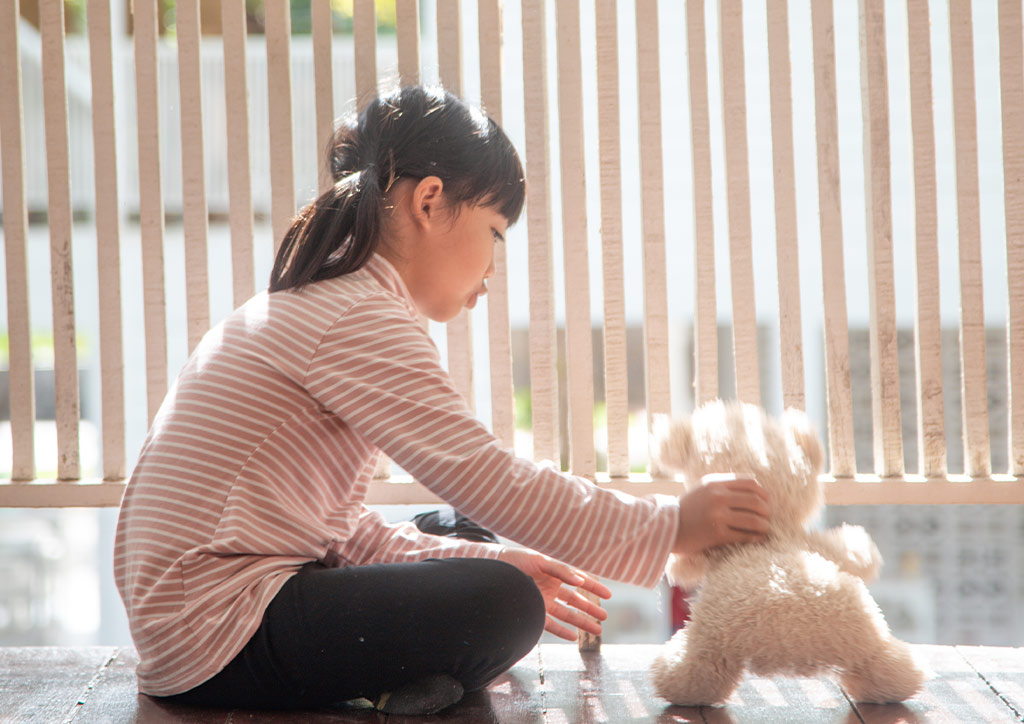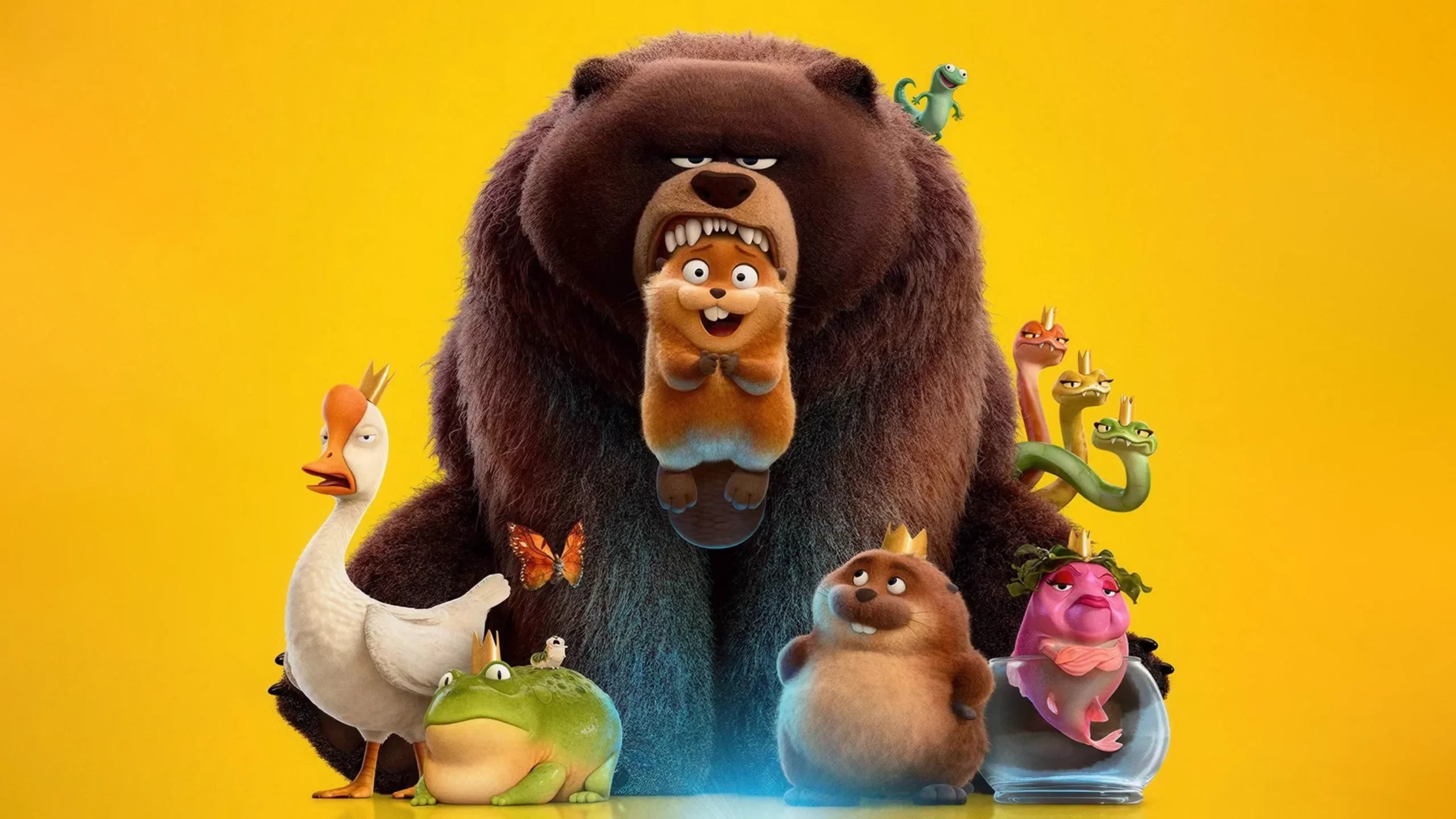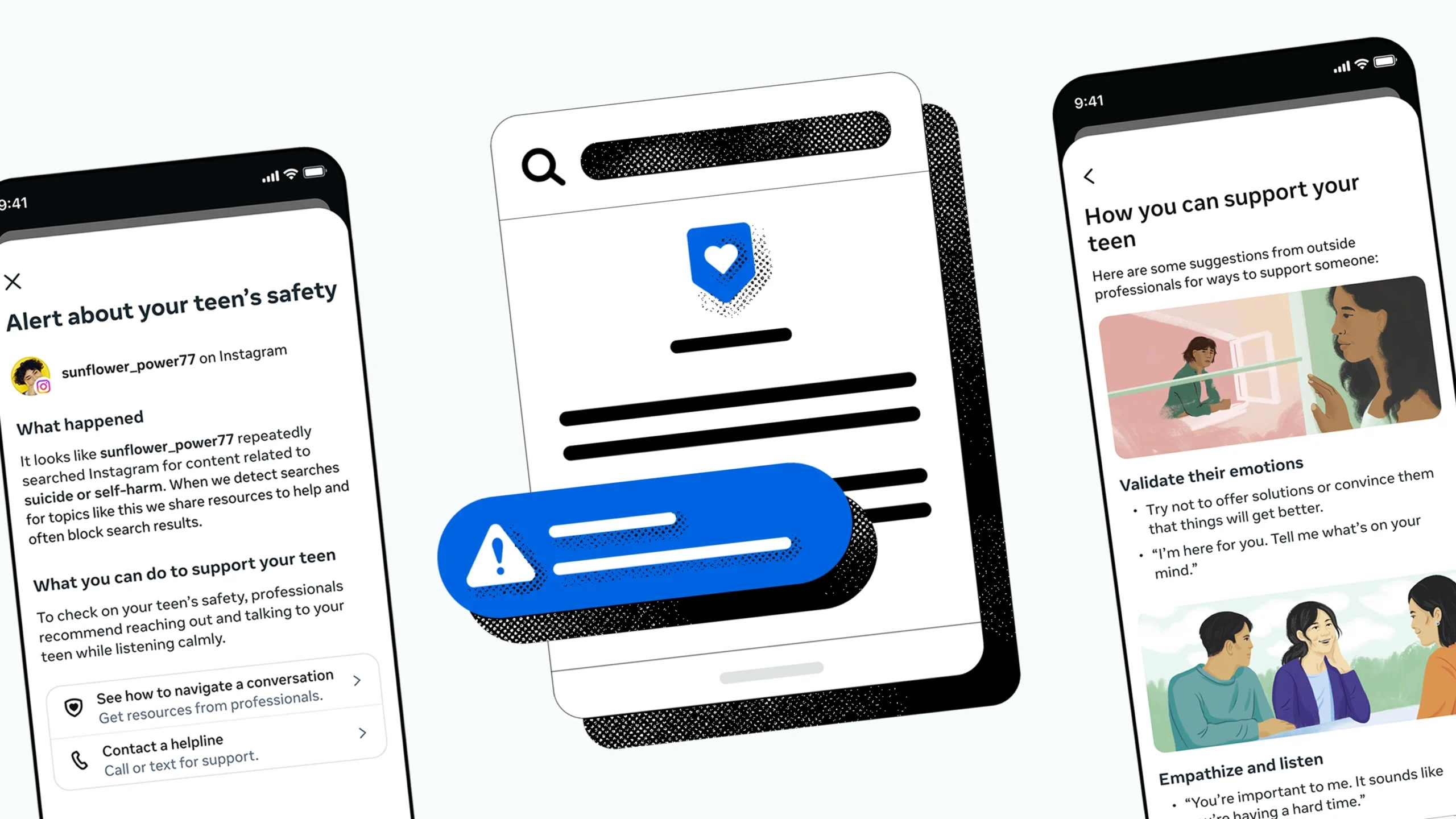The Difference Between Being an Introvert and Antisocial
Once we tell you the difference, you’ll never want to call your kids antisocial again for being too tired to go to a party or talk to people.
Here in the Philippines, the term “antisocial” gets loosely used. We often reprimand our kids for being antisocial when they don’t want to attend a social gathering or a party. Or, when they retreat to using their phones instead of talking to people. But, their retreat or preferring to not attend parties is not caused by their annoyance or hate for people. Rather, it’s caused by the exhaustion of dealing with people which is actually defined as “introverted”.

Wait, antisocial is different from not wanting to talk to people?
In Psychology, being antisocial falls under personality disorders. Also known as “Antisocial Personality Disorder”, it’s far more sinister than just “not wanting to talk to people”. Those with antisocial personality disorder are known to engage in violence (including animal cruelty!) and are reported to not have empathy for anyone. They are known to get into fights with just about anyone. They are also known to break the rules consistently and frequently exact revenge on those who tattle on them or try to correct them. Psychologists also consider Antisocial Personality Disorder the “personality of criminals”.
On the other hand, the desire to “not talk to people” falls more under being an introvert. Introverts prefer calm environments with fewer sensations (i.e. sound, flashing lights, etc.) And, it’s usually obvious when they’re younger. When kids are still growing, their brains are already setting a boundary to how much sound, light, and noise they can take. Unlike extroverts, they have an easily depleted social battery and need a place with little disturbances to recharge. It’s why some of them prefer to be on their phone or in a corner; it allows them to focus on one thing instead of the twenty other things in the room.
Why do Filipinos find introverts so strange?
We’re a culture that loves to party and talk to people. There will always be an excuse to throw a party or a celebration. From graduations, maternity shoots, baby showers, bridal showers, to even breakup parties, Filipinos always find something to celebrate with others. Unfortunately, these kinds of things can drain the residential introvert. The preference for something more calm and relaxing is strange to the fiesta-loving Filipino culture. But so long as they’re not planning to harm anybody, the residential introvert just needs a corner to recharge and find some semblance of safety.

Introvert kids enjoy Christmas just like everybody else. Antisocial kids don’t.
Introverts, unlike antisocial people, understand the joy that comes with celebrating Christmas and other holidays. They just need to take it a bit slower than most. On the other hand, antisocial people don’t understand the joy at all. They often look at the celebration with malicious disgust and the intent to mess things up. If your kids retreat to their phones during a Christmas party, it’s a sign that they’re getting tired from all the social interactions. Although it means going home early, some parents may actually appreciate their kids being introverts. It means having an excuse to get out of an uncomfortable party.
So if you find your kids in a quiet corner playing on their phones, they are not antisocial. They just might be recharging or prefer something quieter.
References
Belojevic, G., Slepcevic, V., & Jakovljevic, B. (2001). Mental performance in noise: The role of introversion. Journal of environmental Psychology, 21(2), 209-213.
Cain, S. (2012). The power of introverts. TED: Ideas Worth Spreading.
Lynam, D. R., & Vachon, D. D. (2012). Antisocial personality disorder in DSM-5: Missteps and missed opportunities. Personality Disorders: Theory, Research, and Treatment, 3(4), 483.
Segal, D. L. (2001). An empirical investigation of Jung’s psychological types and personality disorder features. Journal of Psychological Type, 58, 33.
Wiggins, J. S., & Pincus, A. L. (1989). Conceptions of personality disorders and dimensions of personality. Psychological assessment: A journal of consulting and clinical psychology, 1(4), 305.
More kids and psychology:
Parents Can Build A Secure Attachment Style With Their Kids In These Ways
Parents Might Be Understanding Tough Love the Wrong Way
We didn’t know Babies Have a Sense of Beauty Too!









